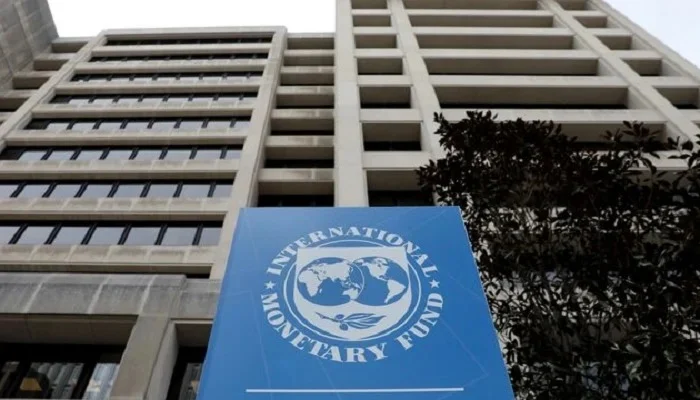
Pakistan Economic Reforms: IMF Report Highlights Governance Challenges in Pakistan’s Economy
Persistent Corruption Threatens Economic Stability Despite IMF Program
The International Monetary Fund’s Governance and Corruption Diagnostic Assessment (GCDA) for Pakistan reveals systemic governance weaknesses continue to hinder economic progress, even as the country stabilizes under a 7billionExtendedFundFacility(EFF).Thereport,requiredforthereleaseofa7billionExtendedFundFacility(EFF).Thereport,requiredforthereleaseofa1.2 billion tranche, identifies corruption as “a persistent challenge” with severe consequences for public spending efficiency, tax collection, and legal system credibility. Despite achieving a 2.0% primary surplus and rebuilding foreign reserves to $10.3 billion, Pakistan’s growth potential remains constrained by structural issues including elite capture of economic policies and inefficient state institutions.
Five Key Areas of Governance Vulnerability Exposed
The eight-month assessment, conducted with World Bank collaboration, pinpointed critical vulnerabilities across federal institutions. Fiscal governance shortcomings include opaque budget execution, with districts aligned to government interests receiving disproportionate development funds. The tax system’s complexity and weak administration enable corruption, contributing to Pakistan’s declining tax-to-GDP ratio. Market regulation suffers from overlapping mandates and regulatory capture, while judicial backlogs and integrity concerns undermine contract enforcement. Despite anti-money laundering reforms, enforcement remains sluggish with minimal convictions for financial crimes. The report particularly notes how privileged entities, including state-affiliated organizations, distort economic policies for private benefit, citing the controversial 2019 sugar export policy as an example.
Comprehensive Reform Agenda for Economic Transformation
The IMF proposes a 15-point action plan to strengthen governance, recommending immediate measures like eliminating institutional privileges in government contracts and transitioning all procurement to digital platforms within a year. Medium-term priorities include parliamentary oversight of fiscal powers and judicial reforms to reduce case backlogs. The Fund estimates implementing these governance improvements could boost Pakistan’s GDP by 5-6.5% over five years, complementing existing reforms like central bank autonomy and digital ID systems. The diagnostic emphasizes that sustained progress requires depoliticizing economic decision-making and ensuring consistent accountability across all levels of government.







